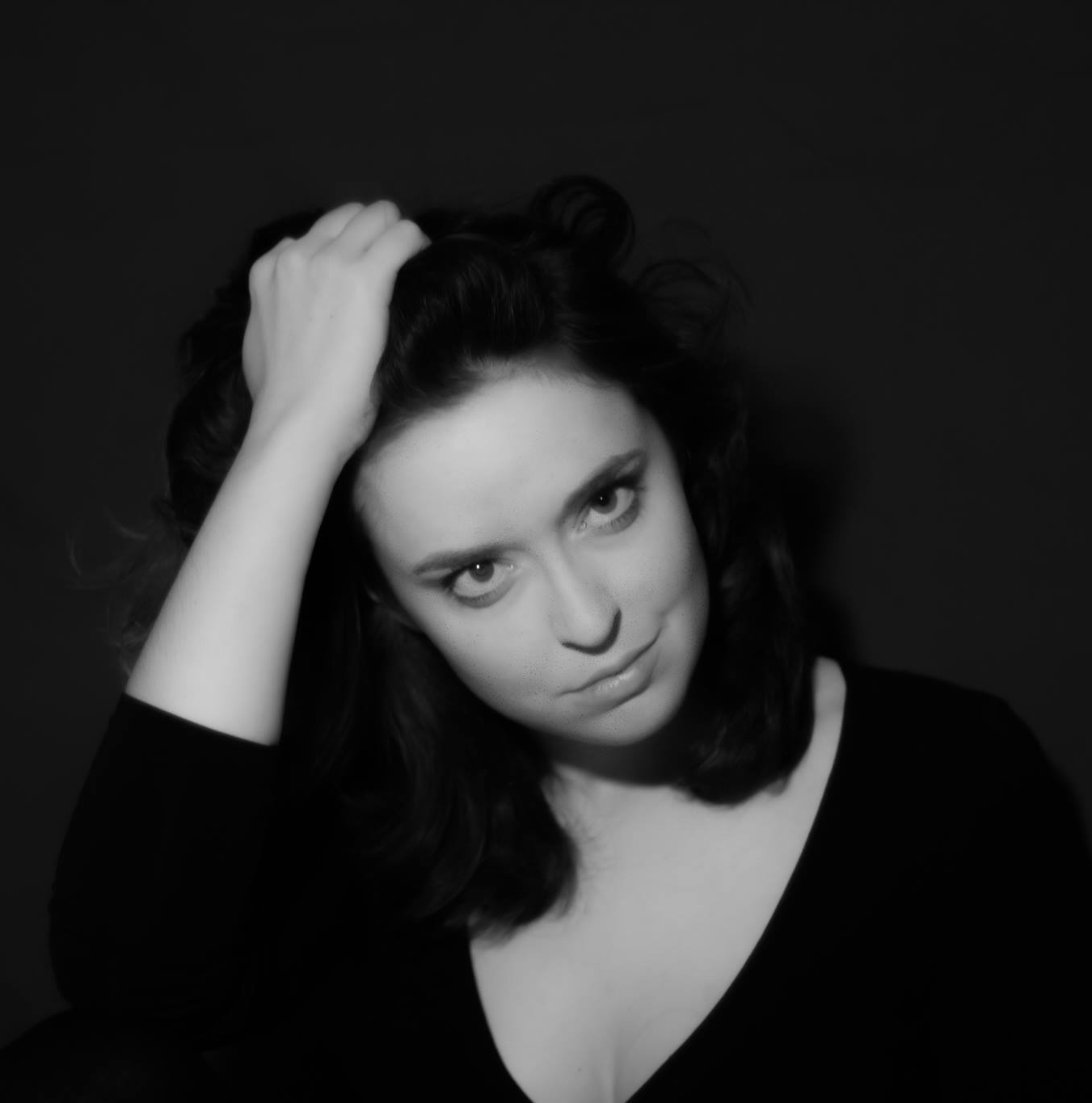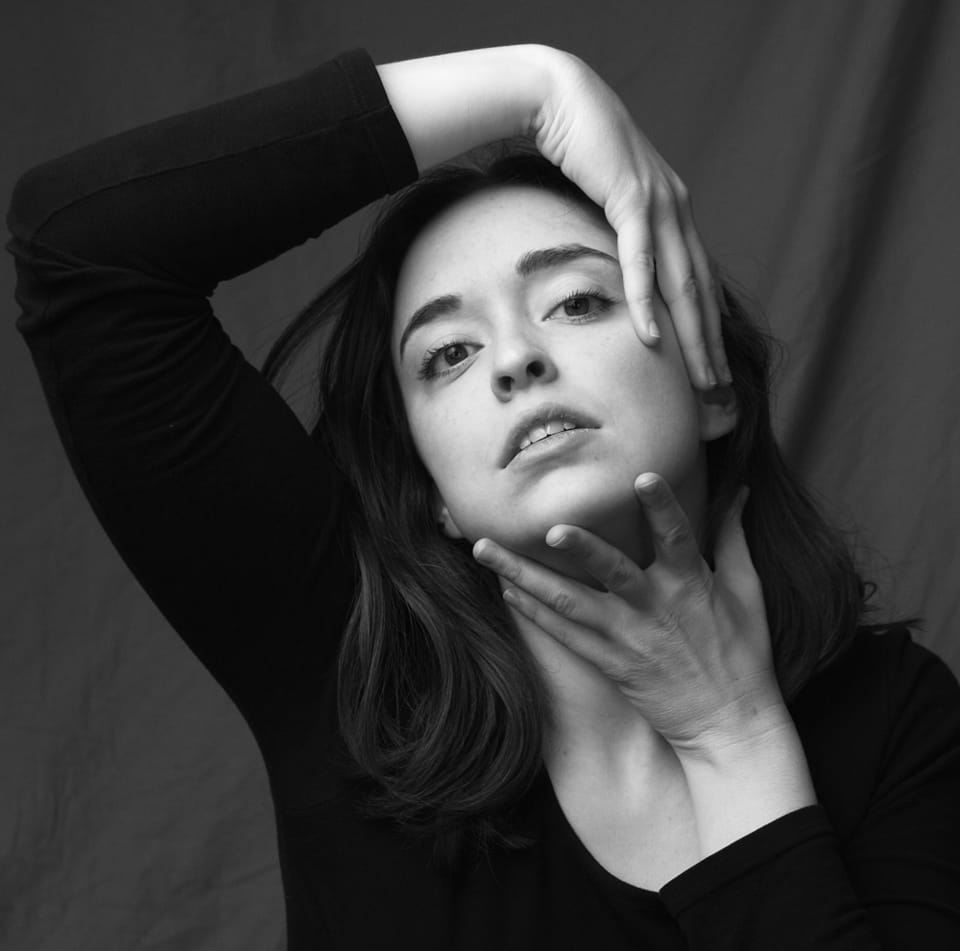
–Who is Elisabetta Cancelli?
I’m an independent director and actress and after the pandemic hit, during quarantine I’ve created my page and channel called “Silent Dream”, in where I express and publish my works and short films. I’d like to create and promote a sort of “Romanticism” in cinema, same as any form of Romanticism, like in art.
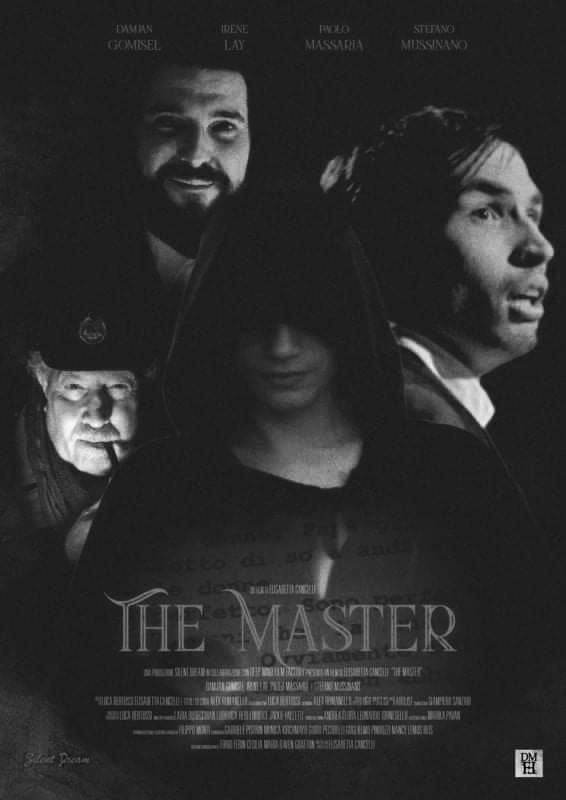
–What inspired you to become a filmmaker?
I’ve grown up in Trieste in a family of artists, my parents are musicians and my grandma was a poet and a writer. After High School I’ve switched majors twice cause I was too afraid of choosing the artistic career knowing the risks of a job so exciting but financially not secure. In the end my parents helped me with choosing the major at DAMS, Cinema and performing arts in Gorizia. I’ve always been influenced by the wonderful atmosphere of my home, always full of music and inspiration. I think I’ve never really lived without art.I developed my love for cinema, acting and writing naturally.
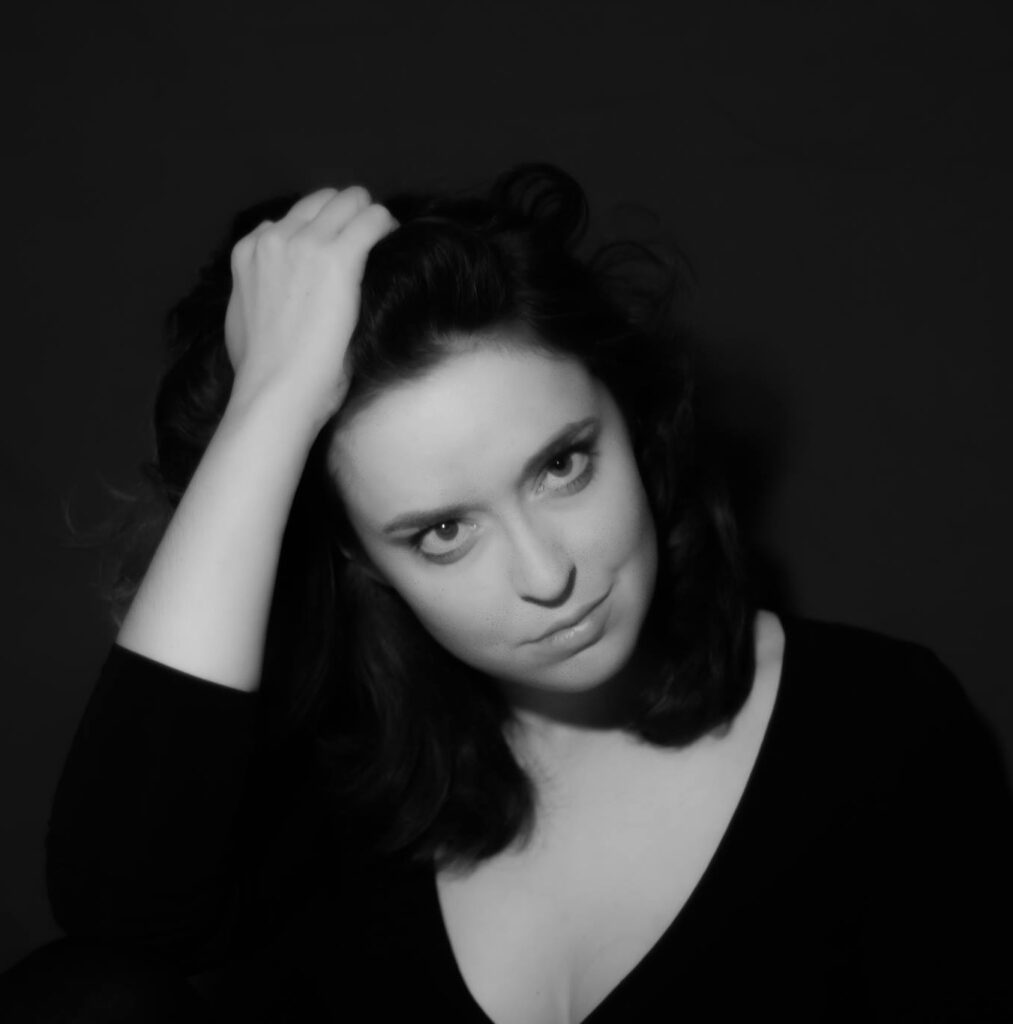
-Do you think the cinema can bring a change in the society?
Absolutely. It can bring messages and can open discussions on very important topics. The fact is that it’s a double sided knife. You have to be careful with the message you want to express, because not only today’s social media are so powerful and can change even the casting and the editing of the movie, but you could also influence the people, making them change their minds, for better or worse. For example movies inspired by true crimes. How dangerous is it to portray the killer in a charming way? Can this make people emulate him/her or can (knowing bad people can also be charming) work as a warning and make you pay attention to who you’re dealing with? Another example, when is portraying a sexual assault a realistic and tragic portrait of something terrible and when is it pornography? It’s very difficult to understand the subtle line between sending a clear message in your movie and making it ambiguous and dangerous. You can try to understand it by listening to the opinion of the people, of the public, knowing what’s happening in society today and so on. My suggestion is to always research for yourself before expressing a certain topic that can trigger the public, because before directors, we are individuals sharing the same planet with other people.
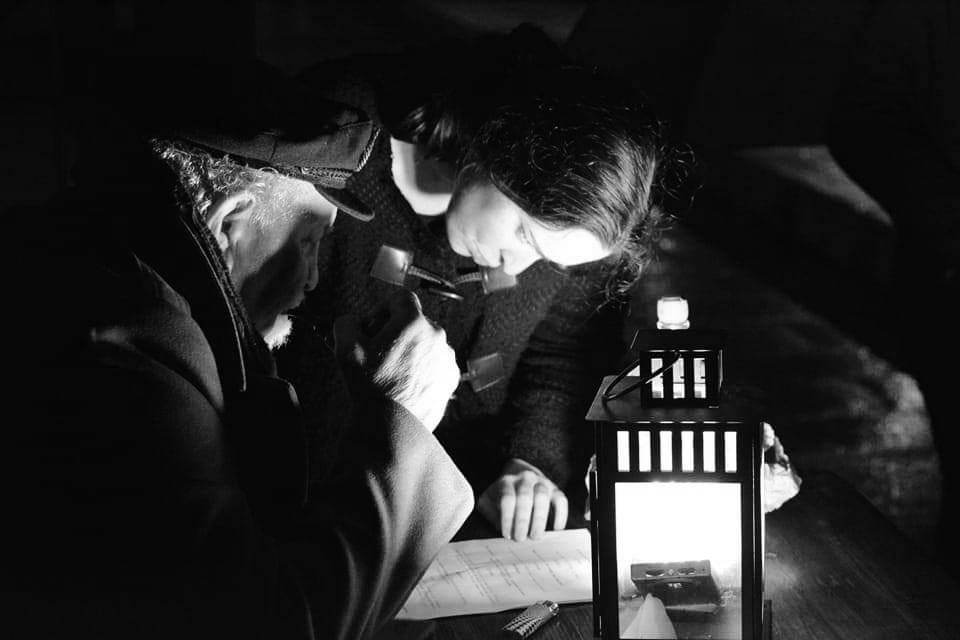
-What would you change in the world?
I’d like that people to be less afraid to love, more conscious of their feelings. This is a topic I’ve tried so hard to express in my works. I talk about violence against women but also about strong feelings of desire, fear, anger and desperate seeking of freedom from the conventions of society. I’d like people to develop their emotional intelligence more, to learn more about themselves and sexual education, because ignorance and fear can lead to terrible relationships between people. And this can hurt anybody.
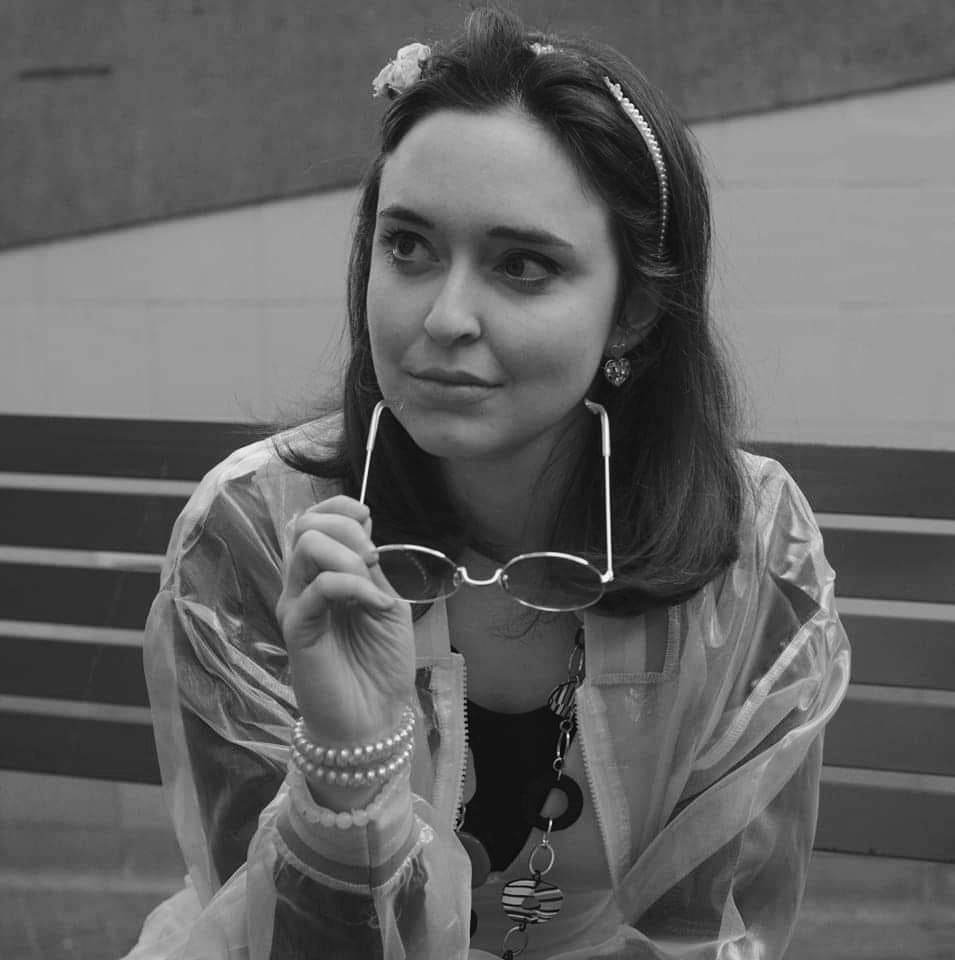
-Where do you see the film industry going in the next 100 years?
I hope there will be a cycle. I don’t think there’s much inspiration in the Film Industry, of course Independent cinema is always full of new creators and ideas, I’m talking about the big industry. I’m always hearing about remakes, reboots and live action movies and I’d like to hear more about new, exciting and original ideas never heard before. But as with the history of any form of art, I think there are periods of more or less inspiration. I’m optimistic, let’s see what happens.
